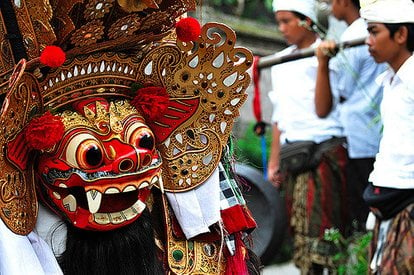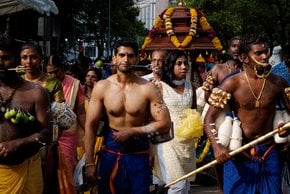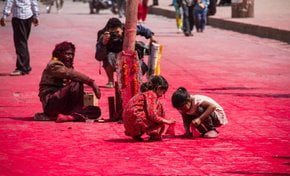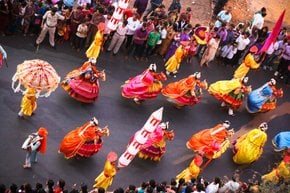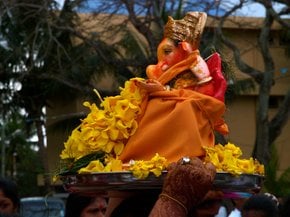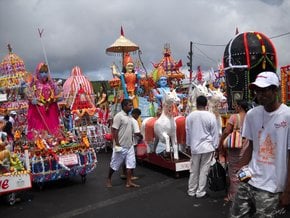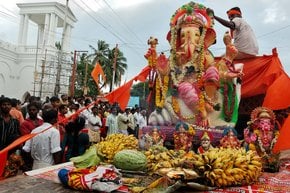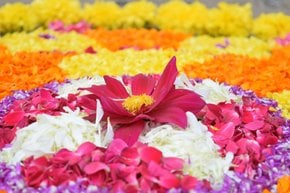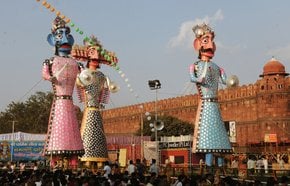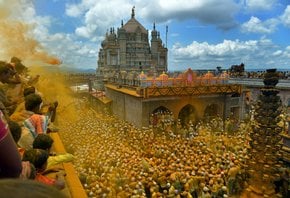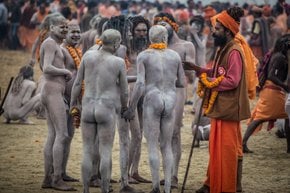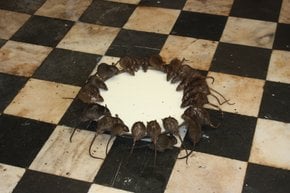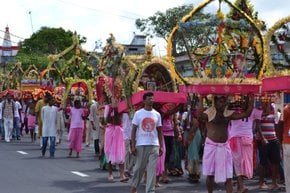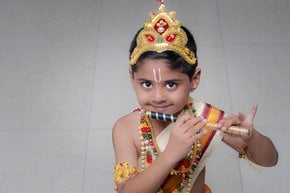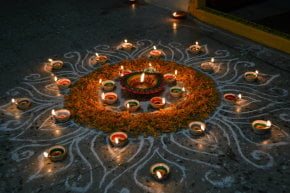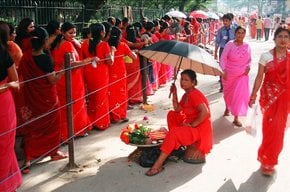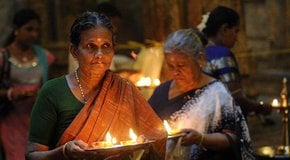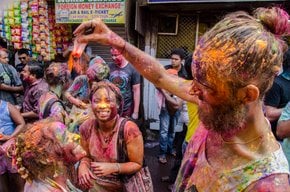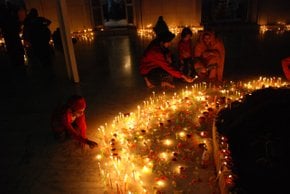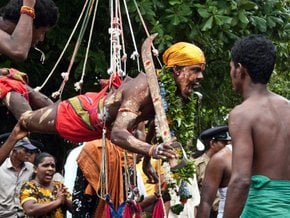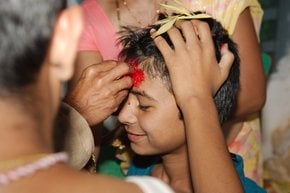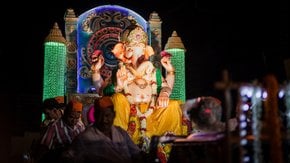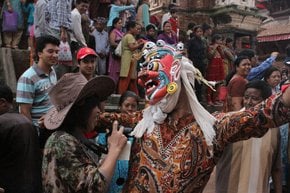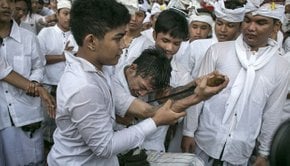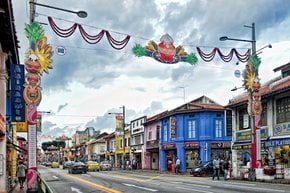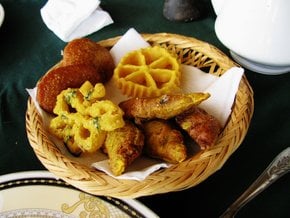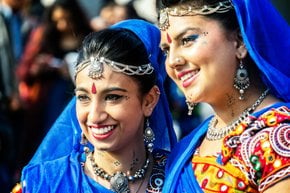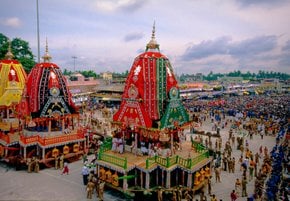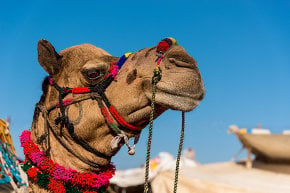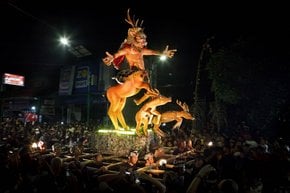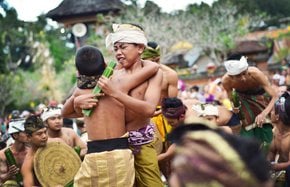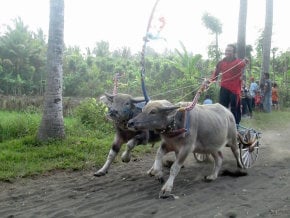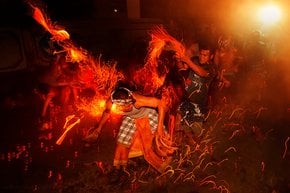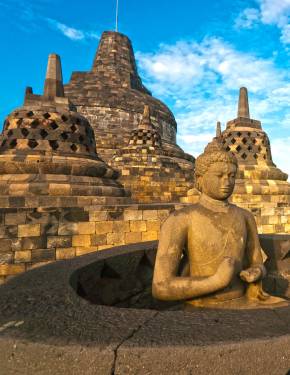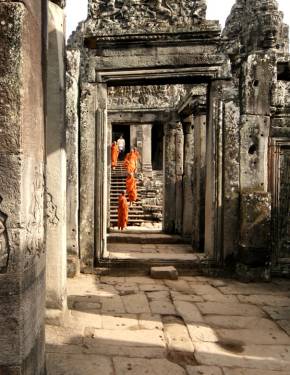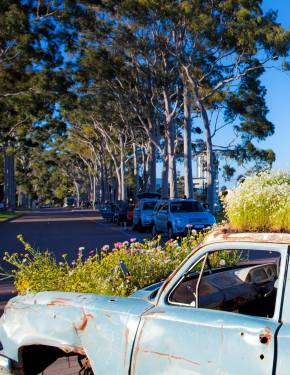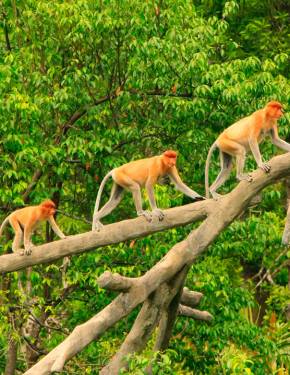Galungan and Kuningan 2024 in Bali
The festival to honour the win of good over the evil
Dates: February 28–March 9, 2024 | September 25–October 5, 2024
Balinese people celebrate the win of dharma (good) over the adharma (evil) for ten days. The dates change because they are defined by the 210-day Pawukon calendar. The opening day is marked by the festival of Galungan, which celebrates deities descending to Earth, and the closing day is Kuningan, which symbolizes the deities ascending to the heavens again.
When do Galungan and Kuningan take place
A Balinese calendar celebrates Galungan on a Wednesday and Kuningan on a Saturday every six months (210 days).
Galungan and Kuningan Traditions
The temples and houses are decorated with colorful features, and the tall bamboo poles are called 'penjor.' The tallest penjors symbolize mountains which are considered the best places for prayers as they are close to the gods. The installation of the penjor is a symbol of gratitude for the prosperity and well-being that has been granted to Hyang Widhi Wasa (God Almighty). Women bring fruits on their heads in baskets to give their offerings, which makes it a truly spectacular scene. The holiday is of the most importance and is more of a home festivity with true friends and close relatives getting together.
To celebrate this event there is also 'Ngelawang Barong,' a performance that visit every house in the most of the village, featuring barong bangkung (barong in the form of a pig). In the past, this was a sacred ritual to appreciate Dewi Ulun Danu who turned into a giant, to help villagers to overcome evil spirits. However, today Ngelawang is used as an art display, performed by kids.
Also, on Galungan, spectators can observe Klungkung, a tradition where locals carry a stretcher (jempana) with offerings and symbols of the Gods, accompanied by the sound of gong wasps. In Tabanan, the village of Adat Munggu, specifically in Mengwa, the Gerebeg Mekotek Galungan Parade takes place, which helps to ward off evil spirits and is a ritual of asking for blessings and fertility. This tradition involves 2.5 meters of peeled wood. Residents are divided into teams and crash into other groups.

